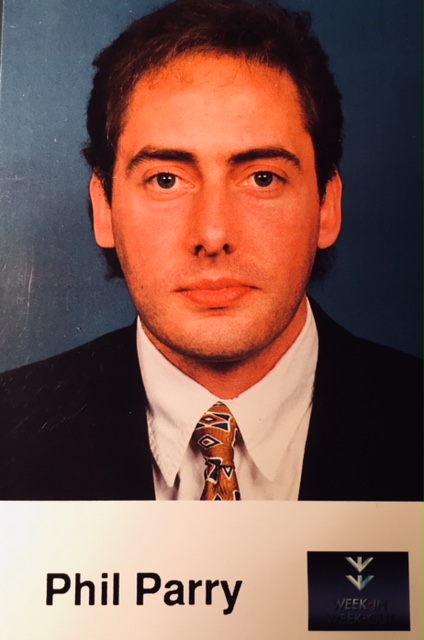- ‘Lies, damned lies etc…’ - 13th February 2026
- Missing in action - 12th February 2026
- Travel news again - 11th February 2026

During a 23 year career with the BBC, and 41 years in journalism, (when he was trained to use clear and simple language, avoiding jargon), for our Editor, Welshman Phil Parry media freedom has been massively important, but in China the opposite is the case and it’s been reported that this kind of liberty is declining at ‘breakneck speed’ – this is now underlined by the heavy jail sentences handed down last month by Chinese officials to pro-democracy campaigners, including a journalist.
It always seems to happen.

When autocratic regimes decide to crackdown on freedoms, it is journalists like me (along with others), who always get it in the neck!
This is now emphasised by what has just happened in China.
On November 19 judges in Hong Kong’s (HK) biggest-ever national-security trial sentenced 45 activists to between four and ten years in prison.
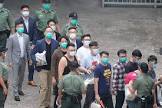
Those jailed are among 47 pro-democracy figures, known as the ‘Hong Kong 47‘, who were rounded up in 2021 for having organised an unofficial primary to choose candidates for the local legislature.
They were part of a huge group protesting against a new law designed (they said) to echo the system on the Chinese mainland, but which the demonstrators claimed would snuff out any hint of democratic or media freedoms.
14 of the defendants were found guilty in May of conspiracy to commit subversion. 31 had already pleaded guilty, and two were acquitted but the entire case has been widely criticised as politically motivated.


Among them was Gwyneth Ho. She is a journalist-turned-politician who rose to fame when she live-streamed gangs attacking protesters in 2019 while the police looked on.
Ms Ho was sentenced to seven years in jail (like her, most of the activists had already spent four years behind bars while awaiting trial).
The punishments drew swift criticism from abroad.
America said the activists were “jailed for peacefully participating in normal political activity”, while the European Union (EU) called the sentencing “another unprecedented blow against fundamental freedoms, democratic participation and pluralism” in HK.
Still, there are those who think the activists got off lightly. Chris Tang, HK’s security chief, suggested the Chinese Government was considering whether to appeal against some of the punishments in the hope of making them stiffer still, because the ‘principal offenders’ in a national-security trial could have been given a life term.
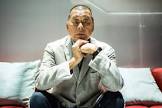
Related to this outrageous event is what has happened to the media publisher and pro-democracy campaigner 76 year old Jimmy Lai.
Mr LaI (a UK citizen) was arrested four years ago, and held in solitary confinement for more than two of them. He is charged with one count of conspiracy to publish seditious publications and two counts of conspiracy to foreign collusion, and has pleaded not guilty to all charges.

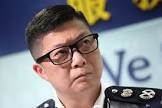
But this is only the latest action taken by China in attacking media freedoms, as well as minorities.
The huge country has NO democracy or an independent judiciary, the media outside state control is EXTREMELY limited, and it does NOT respect human rights.
The Foreign Correspondents Club (FCC) of China (which was deemed an “illegal organisation”) has highlighted the reality of what is happening inside it.
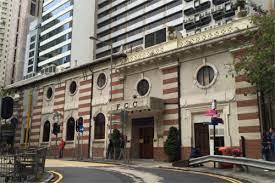
Their report, said that journalists faced physical assault, hacking, online trolling and visa denials, as media freedom in China declined at a “breakneck speed”.
Censorship has been implemented and mandated by the Chinese Communist Party (CCP). Government officials censor content for largely political reasons, such as in order to curtail opposition (as has happened in HK), as well as to block information about events which are unfavourable to the CCP, like, for instance, the 1989 Tiananmen Square protests and massacre, but also so that officials can maintain control over the populace.

Journalists like me must fall into line, and not question official policy.
To progress up the ladder of Xi Jinping’s party, people must show that they have studied a number of courses, and the first four titles of them are:
1. Guide to Xi Jinping Thought on Socialism with Chinese Characters for a New Era. 2. The Belt and Road Initiative (which was begun by Mr Xi): Rebuilding China, Rebuilding the World. 3. The Fourteenth Five Year Plan for National Economic and Social Development of the People’s Republic of China and an Outline of the Vision for 2035. 4. Xi Jinping Ecological Civilisation Thought.
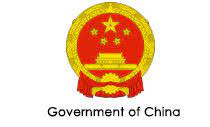

His grip is almost total, and there is only a semblance of defence for it. The Chinese Government assert they have the right to command what is said over the internet within the territory, and that their rules do not infringe on citizens’ access to free speech (Ukraine and independent journalists might be intrigued by this!).
But Reporters Without Borders, have ranked China’s freedom of the media situation as “very serious”, the worst ranking on their five-point scale.
Even 10 years ago China’s position was appalling. The ‘OpenNet Initiative’ classified internet censorship in China as “pervasive” in political and conflict/security areas, as well as “substantial” in those concerning social and internet tools, the two most extensive classifications of the five they use. Freedom House, a US-backed Non-Government Organisation (NGO), ranks the Chinese press as “not free”, the worst possible ranking, declaring that “state control over the news media in China is achieved through a complex combination of party monitoring of news content, legal restrictions on journalists, and financial incentives for self-censorship”.
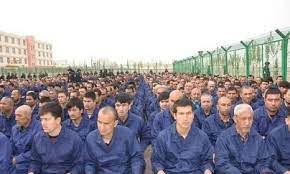
Journalists’ attempts to report facts, such as in the persecution of the mostly-Muslim Uyghur people in the north-western region of Xinjiang, are being severely hampered.
Human rights groups believe China has detained more than one million Uyghurs against their will over the past few years, in a large network of what the state calls “re-education camps”, and that it has sentenced hundreds of thousands of them to prison terms. There is also evidence that Uyghurs are being used as slave labour, and of women being forcibly sterilised, as well as some former camp detainees alleging that they have been tortured and sexually abused.
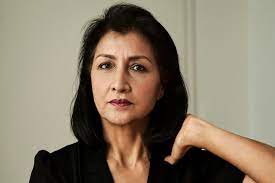
Two recent books have laid bare in horrifying detail what is happening inside China. ‘In The Camps’ by Darren Byler, describes how facial recognition and high-technologuy surveillance, make resistance impossible. The accounts from Gulbahar Haitiwaji in ‘How I Survived a Chinese ‘Reeducation’ Camp’ are just as disturbing. Internees are forced to stand motionless for hours, sit on plastic stools, day in day out, until their intestines prolapse, and are told to sing patriotic songs, giving thanks to Mr Xi. “We were eternal victims, bowed under the weight of threats”, says Ms Haitiwaji.
The UK regulator Ofcom has ruled that the company which possesses the British licence for CGTN is not actually in charge, which is against its rules.
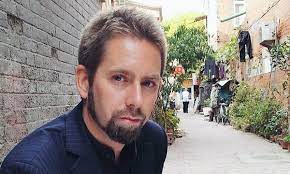
It seemed that Star China Media Limited (SCML), which owns the licence for CGTN, “did not have editorial responsibility”. This judgement was made after accusations that CGTN repeatedly breached impartiality rules and aired forced confessions. Ofcom had also received a complaint stating that CGTN should not be allowed to broadcast at all because it was effectively controlled by the CCP.
The director of human rights group Safeguard Defenders, Peter Dahlin, said: “The best way forward is to revoke their (CGTN/SCML) licence to teach them that this is unacceptable”.
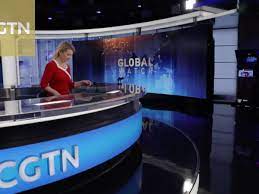 This has emerged after many years, during which worrying news has been revealed about what is occurring inside China.
This has emerged after many years, during which worrying news has been revealed about what is occurring inside China.
10 years ago the FCC was forced to issue a warning to its members after three employees of European media companies were attacked. The reporters for the companies were covering land rights protests in the village of Panhe, in the eastern Zhejiang province, and in one incident, a French reporter had his car rammed, while a group of men beat up his Chinese assistant. In another, a Dutch correspondent was attacked by men who seemed to be plain-clothes police.

All of which shows the very real risks run by independent journalists in China (far more than the ones I face, and I salute their bravery).
As far as the authorities there are concerned – the HK pro-democracy protesters should have known their place, OTHERWISE THEY WOULDN’T HAVE ENDED UP IN JAIL!
The memories of Phil’s decades long award-winning career in journalism (when media freedoms were all-important) as he was gripped by the rare neurological condition, Hereditary Spastic Paraplegia (HSP), have been released in a major book ‘A GOOD STORY’. Order it now!

Tomorrow – how during that career he has always been aware of the key rule that a proper apology for a mistake is almost never made, and today MORE evidence has come to light which underlines this salient fact.








